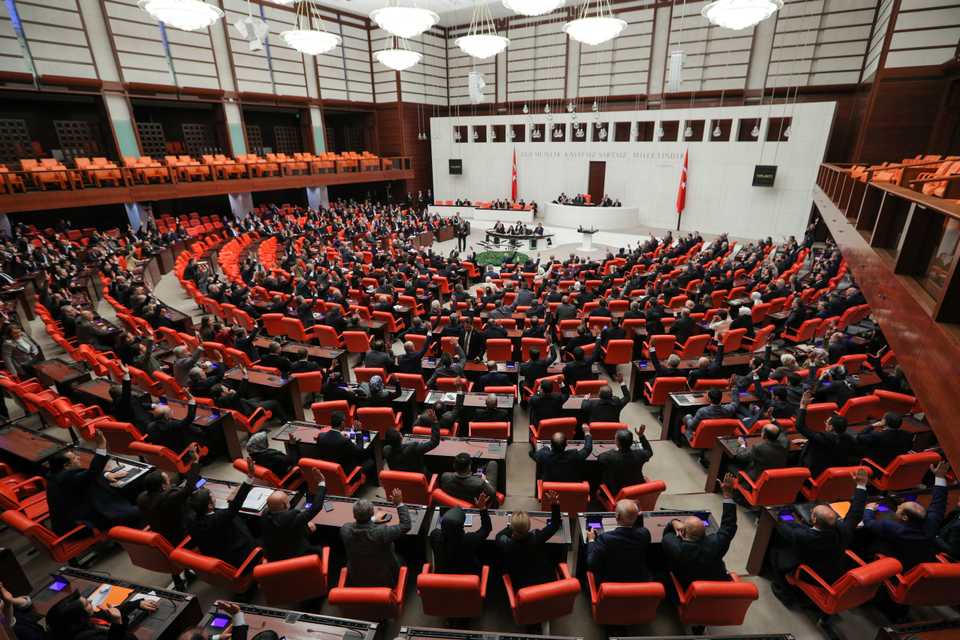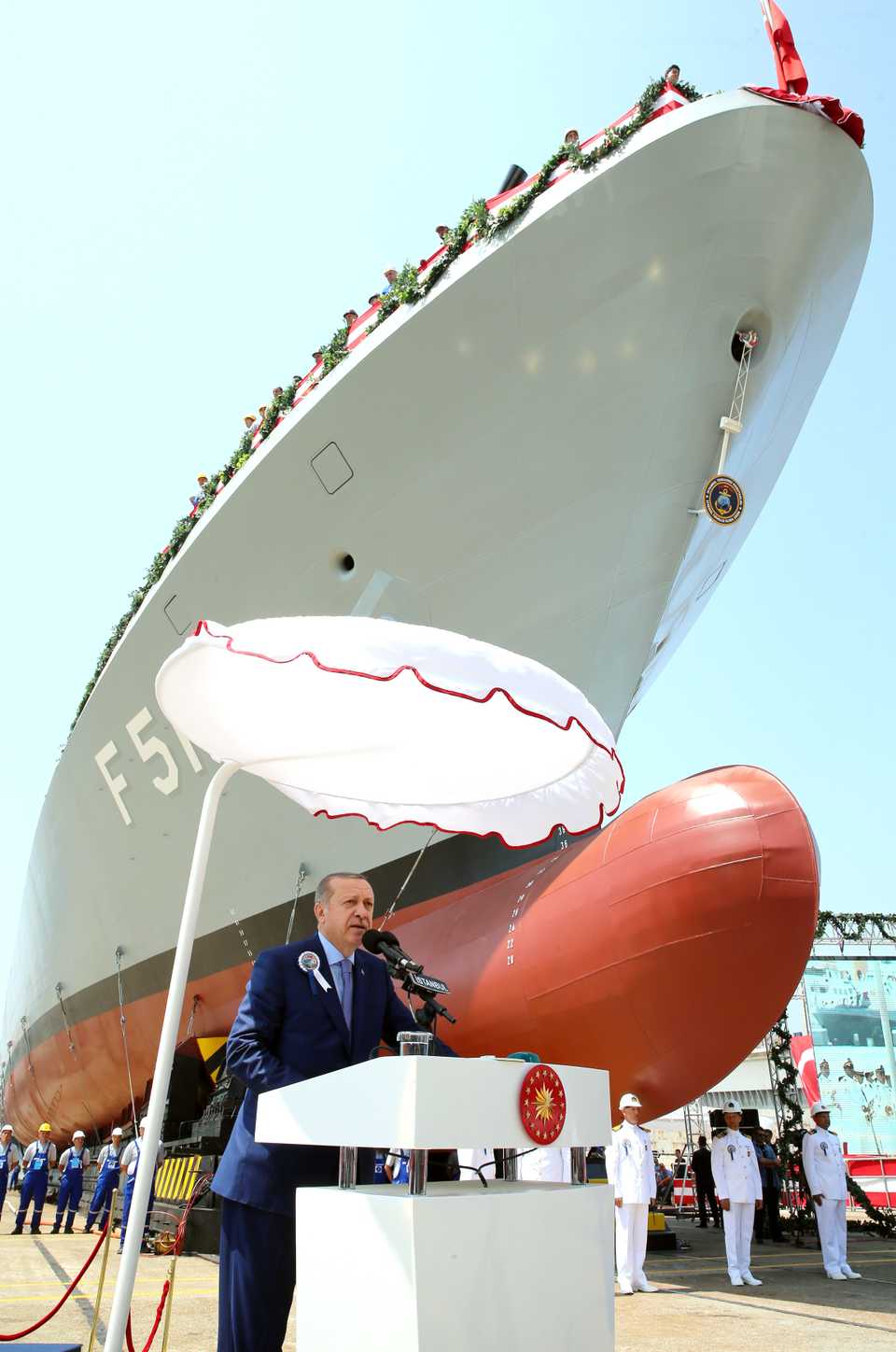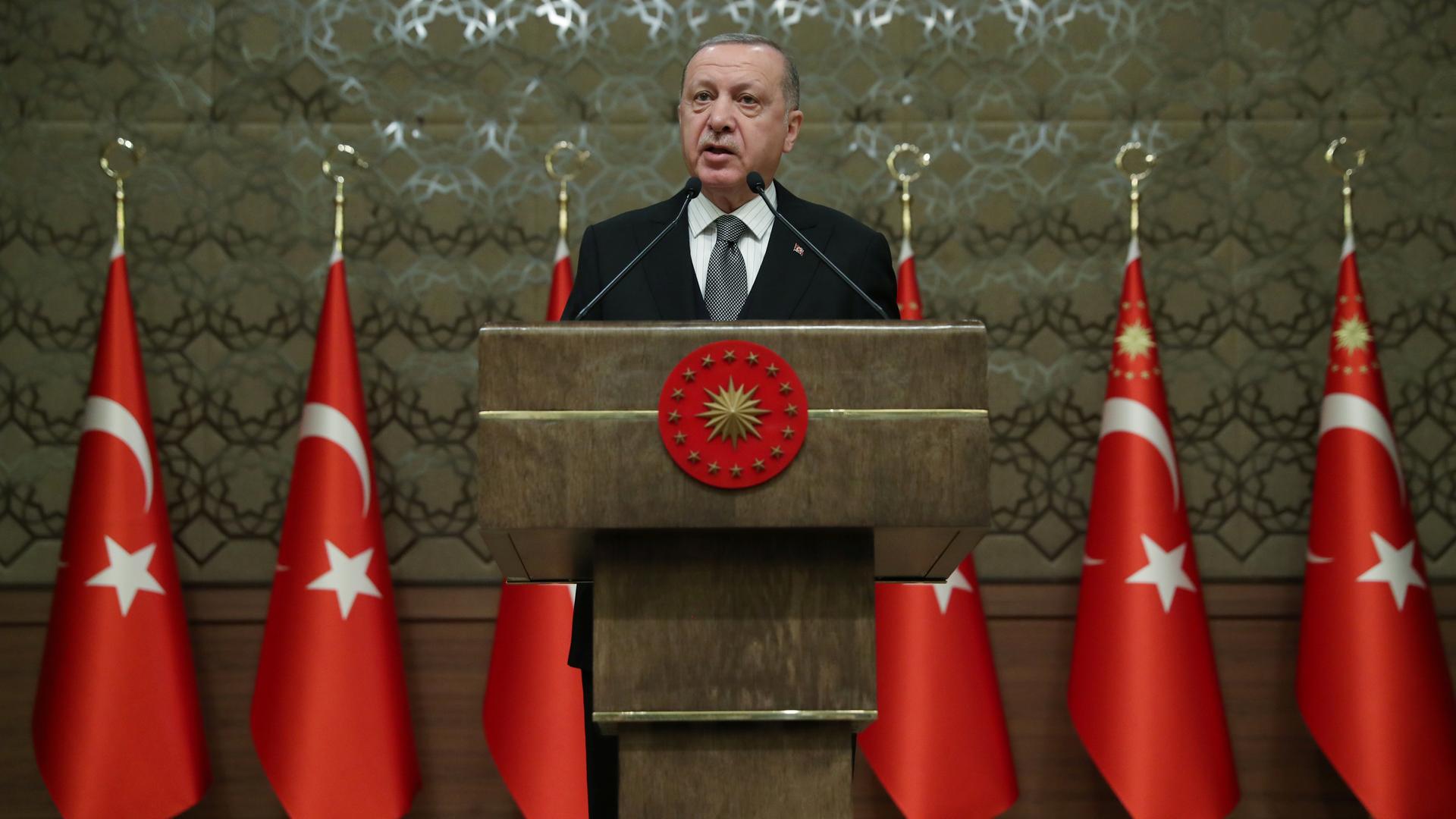In the last two decades, under its ambitious leader, President Recep Tayyip Erdogan, Turkey has expanded its influence across the Middle East not only as a state inspired by democratic values but also as a country which does not hesitate to wield its military might if necessary.
Turkey has recently added the large Northern African country of Libya to its Middle East footprint in addition to several cross-border operations in northern Syria and its military presence in northern Iraq.
In Libya, Turkey comes to the aid of the UN-recognised Government of National Accord (GNA) based in Tripoli, the country’s capital, which was under threat from the 75-year-old warlord Khalifa Haftar, who claims territories in eastern Libya.
Haftar enjoys various levels of support from Russia, Egypt, the UAE and France.
While the UN recognises the Tripoli government, it has provided no tangible support, leading some observers to think that without Turkey’s assistance, the GNA would have long since collapsed.
Erdogan has recently indicated that Ankara will deploy its forces in the war-ravaged country after the parliament passed a motion to support military deployment last week, following a maritime deal between Turkey and Libya.

“There will be an operation centre [in Libya], there will be a Turkish lieutenant general leading and they will be managing the situation over there. [Turkish soldiers] are gradually moving there right now,” Erdogan said during a CNN Turk appearance.
Erdogan emphasised that Turkey will be in Libya just to “support the legitimate government and avoid a humanitarian tragedy”.
Turkey’s rise in the Mediterranean
The Turkey-Libya maritime agreement designates both countries’ respective Exclusive Economic Zones (EEZs) in the Eastern Mediterranean, where newly discovered rich gas reserves have led to discord between Turkey and other regional powers.
With the deal, Turkey confronted Greece, Greek Cypriots, Egypt and Israel, who have previously signed agreements that isolate Turkey from the gas equation.
The Turkey-Libya maritime deal effectively cuts the route of the EastMed pipeline project, a joint project between Greece, Greek Cypriots and Israel that aims to transport Eastern Mediterranean gas reserves to Italy and southern Europe. It also means that without Turkey’s approval, any gas deals in the region will be hard to realise.
Ankara previously increased its naval presence in the Eastern Mediterranean, dispatching several seismic and gas exploration ships in the region.
Turkey, a country between Europe and Asia, bordering three seas on its northern, western and southern flanks, has made efforts in recent years to develop a self-sufficient Navy to a level where it can compete with world powers.
Beyond the Mediterranean and its other national waters, Turkey has also expanded its naval presence by deploying its forces to faraway countries from Somalia to Sudan and Qatar, accessing areas from the Indian Ocean to the Red Sea and the Gulf.

From Syria to Iraq
In other cases of Ankara’s involvement, Turkey’s main consideration is its national security. In northern Syria, the Turkish military and its allied forces have fought YPG/PKK terrorist activities after the group seized large territories across the region, exploiting the civil war in the country.
In northern Iraq, going back to the 1980s, Ankara has conducted a number of operations against the PKK, whose headquarters have been located in the country’s Qandil mountains since the late 1990s.
The PKK, which is recognised as a terrorist organisation by Turkey, the US, the EU and NATO, has launched a three-decade armed campaign against Ankara, leading to tens of thousands of deaths.
In Syria, Turkey has tried to handle a balancing act between the US-led NATO and its archenemy Russia, partnering with Moscow and Tehran to develop a peaceful resolution to the country’s bloody battle.
Turkey has also had a long historical presence in Syria and Iraq. During the Ottoman period, the countries’ populations lived peacefully according to prominent experts.
The Middle East’s contentious present-day borders were drawn after World War I by European imperialist states, mainly France and Britain, who had very limited knowledge of the region or the people within it.
“Decisions, by all accounts, including those of the participants, were made with little knowledge of, or concern for, the lands and peoples about which and whom the decisions were being made,” wrote David Fromkin, a prominent American historian and political scientist, in his bestseller, A Peace to End All Peace, to describe what happened in the Middle East after the fall of the Ottomans.










Discussion about this post